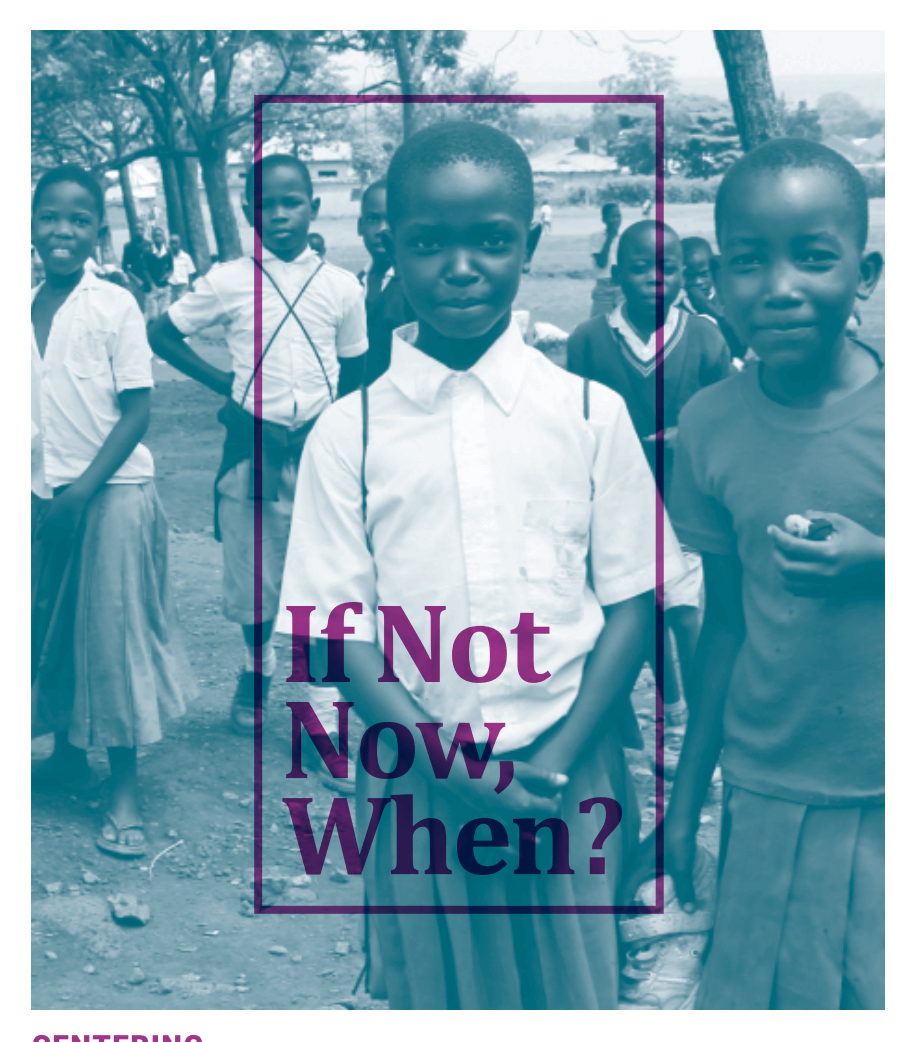In 2018, 5.3 million children died under the age of five, and almost half of these deaths can be attributed to undernutrition. The world is substantially off-track to meet nutrition goals, and the COVID-19 pandemic only exacerbates this issue. In a vicious cycle, shocks to nutrition will increase vulnerability to illnesses, which, in the long-term, reduce chances to escape poverty cycles and may halt economic growth. The cost to the global economy from this lack of progress — before COVID-19 — is US$3.5 trillion annually and is a constant limiting factor in all other development agendas, including health, and in driving economic development.
Urgent and scaled-up action, including new and increased financial resources for nutrition, is essential and cannot wait. We must invest in evidence-based and measurable nutrition actions that we know are most cost-effective, save the most lives, and are most sustainable. We must also build nutrition into universal health coverage (UHC) plans and programs because nutrition is key to so many other health issues. If we don’t act now, then we miss a key opportunity to transform the lives of millions of children and women and set the world on a different track.
ACTION’s nutrition position paper lays out four recommendations for how the world should move forward in this most of urgent times:
- Nutrition interventions must be appropriately included in the sub-national, national, and global COVID-19 response and recovery plans. Efforts are rightly focus on the COVID-19 response at present, but we should not lose sight of the compounding impact that existing malnutrition will have on vulnerable populations.
- New and additional financial commitments to nutrition must be made by all partners; they must be ambitious, in line with the Nutrition for Growth (N4G) Commitment-Making Guide, and recognize the resource gap for nutrition-specific interventions.
- To have maximum impact, resources must be invested in high-impact, evidence-based interventions and the tools that will ensure success and accountability.
- All commitments must also be made in-line with the Tokyo N4G Summit’s accountability process to allow for better tracking and monitoring of nutrition investments and, in turn, increased impact. Through alignment and coherence of the reporting frameworks, it will provide an essential opportunity to build a comprehensive picture of both the scale of global investments in nutrition as well as the impact of these investments.
Download the report to learn more.

